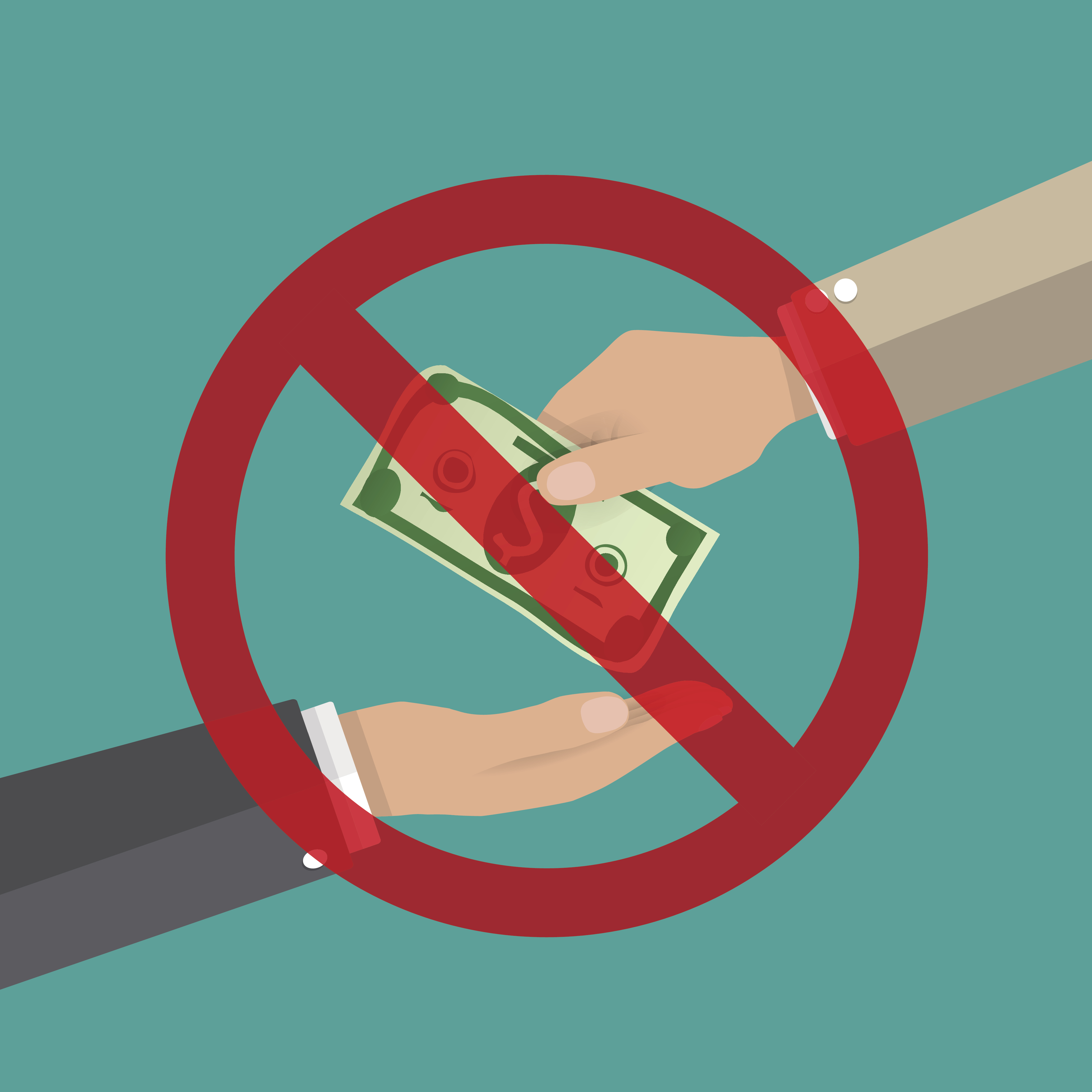
On September 28, the Anti-bribery and Graft Act, known as Kim Young-ran Act, went into effect in South Korea. This act became a hot topic all over the country because people are confused about what they can and can’t do for employees of public institutions. In the 180th issue, we are going to find out what kind of actions or activities are regulated by the Kim Young-ran Act and what should readers do to avoid breaking the law.
First of all, the Kim Young-ran Act is an act that primarily applies to the people who work in areas like public administration, media or schools who can use their power to help someone unfairly in exchange for compensation. The Act regulates public employees and all school teachers, anyone who can use his power to illegally help others, from receiving money or gifts in exchange for unfairly benefitting someone. It is still possible to maintain social and business relationships and follow the Korean custom of giving money or gifts for various situations or events. However, there are limits: meals, drinks and refreshments are limited up to 30,000 KRW, presents (except money and food) are limited up to 50,000 KRW, money for family events like birthdays, weddings and funerals is limited up to 100,000 KRW.
Suppose you want to buy a meal for or give a gift to your professor. If you take a professor’s class and will get a grade, then you or your parents cannot buy a meal or give a gift to that professor. It is illegal, so your professor will reject your offer. However, if you don’t have a professor’s class and thus won’t get a grade, that is not against the law. So, if you want to give a gift to or have a meal with a professor you are close to, do those things when you are not taking that professor’s class.
However, since it is right after the Kim Young-ran Act went into effect, professors would turn down any presents no matter what you and your professor’s relationship is. The best solution is neither giving present nor receiving presents.








